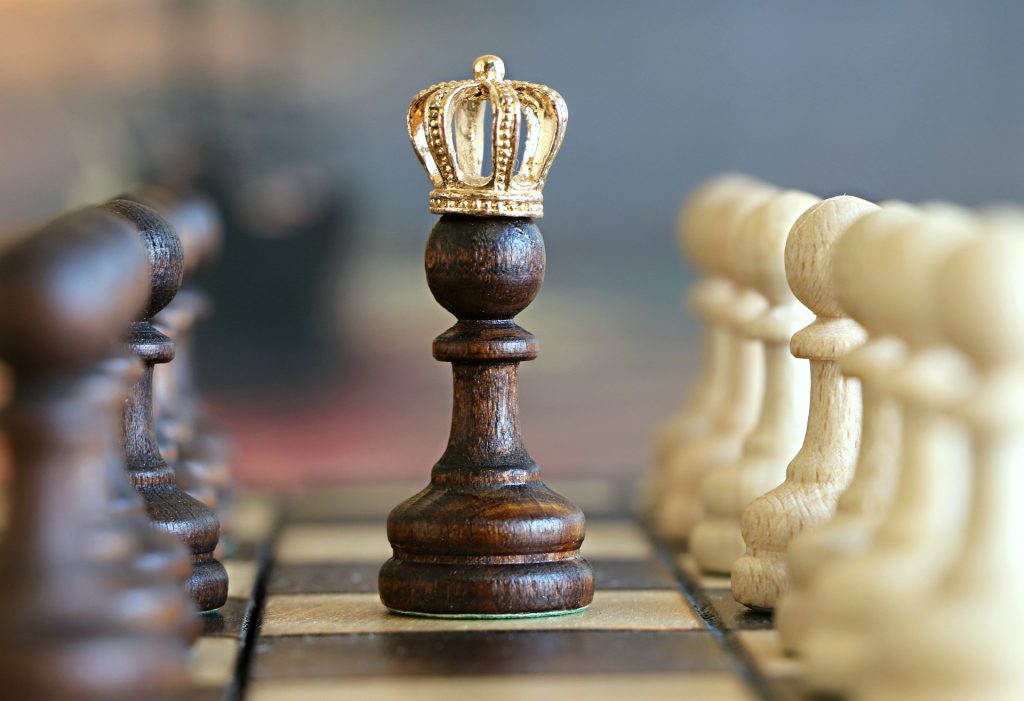Music Theory and Chess
Chess and music are seemingly unrelated subjects but have more in common than you might think. Both require skill, strategy, and practice to improve. However, there is a deeper connection between these two disciplines that can have a profound impact on your chess game. This article will explore the relationship between music theory and chess and how understanding music can help you improve your game.
The Similarities between Chess and Music
Chess and music both involve patterns and structure. In chess, you must plan your moves and anticipate your opponent’s responses. Similarly, in music, you must understand the structure of a piece and anticipate the upcoming chords and melodies. In both cases, the ability to recognize patterns is essential to success.
Another similarity between chess and music is the importance of practice. In chess, you must practice different strategies and analyze your games to improve. Similarly, in music, you must practice scales, chords, and pieces to improve your technique and musicality.
Finally, both chess and music require focus and concentration. In chess, a single mistake can cost you the game, and a wrong note can ruin performance in music. Both disciplines require intense attention and focus on achieving success.
How Music Theory Can Help You Improve Your Chess Game
Now that we’ve established the similarities between chess and music, let’s explore how understanding music theory can help you improve your chess game.
Recognizing Patterns
As mentioned earlier, recognizing patterns is essential to success in both chess and music. In music theory, specific patterns repeat themselves throughout different pieces and genres. For example, the “circle of fifths” is a pattern to determine a piece’s key signature. Understanding these patterns can help you anticipate a piece’s upcoming chords and melodies, just as recognizing patterns in chess can help you anticipate your opponent’s moves.
Strategy
Just as in chess, music involves strategic planning. In music theory, different scales and chord progressions can be used to create different moods and emotions in a piece. Understanding these scales and progressions can help you develop a strategy for creating a particular mood or feeling in your music. Similarly, understanding different processes in chess can help you plan your moves and anticipate your opponent’s responses.
Creativity
Chess and music both require creativity. In music, you must create new melodies and harmonies, and in chess, you must find creative solutions to the challenges posed by your opponent. Understanding music theory can help you develop your creativity in both disciplines. You can become more creative in your musical compositions by learning to create new chord progressions and melodies. Similarly, understanding different strategic approaches in chess can make you more creative in your game.
Focus and Concentration
As mentioned earlier, both chess and music require intense focus and concentration. Music theory can help you develop your focus and concentration skills, which can be applied to your chess game. By practicing your ability to focus on the structure and patterns of a piece of music, you can improve your ability to focus on the chess board and anticipate your opponent’s moves.
Visualization
Visualization is an essential skill in both chess and music. In music, you must be able to visualize the melody and harmony of a piece in your mind before playing it. Similarly, in chess, you must be able to visualize the board and the possible moves before making your move. Music theory can help you develop your visualization skills, which can be applied to your chess game.
The connection between music theory and chess goes beyond their patterns, structure, practice, focus, and concentration similarities. Understanding music theory can help you improve your chess game by


